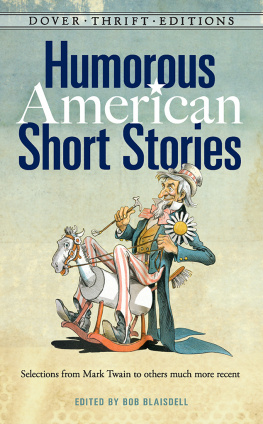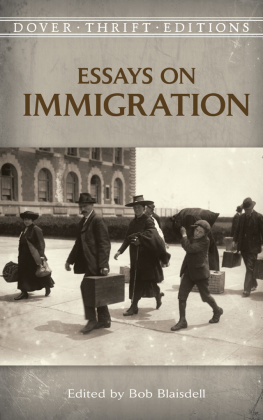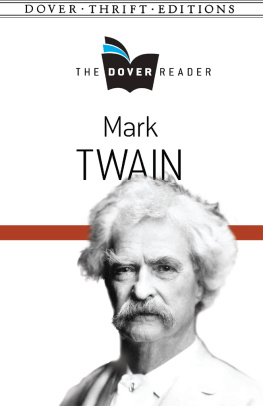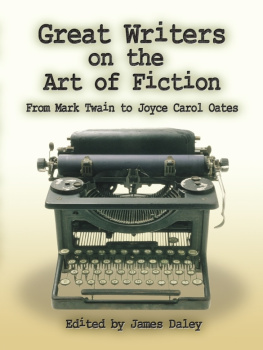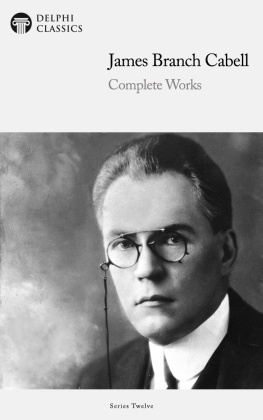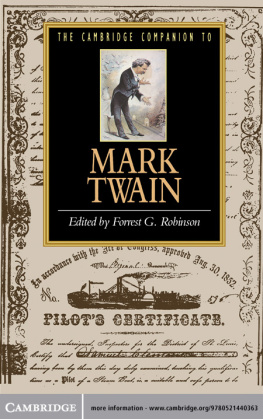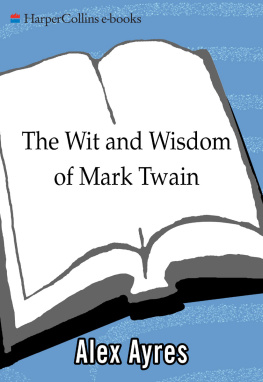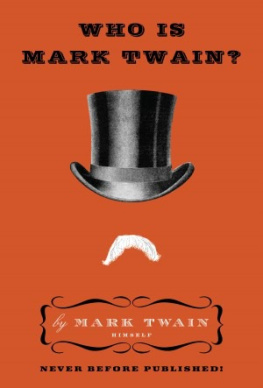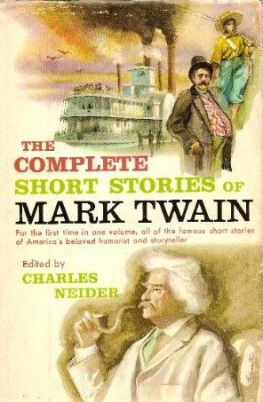
Humorous American Short Stories
S ELECTIONS FROM M ARK T WAIN TO O THERS M UCH M ORE R ECENT
Edited by Bob Blaisdell

DOVER PUBLICATIONS, INC.
Mineola, New York
DOVER THRIFT EDITIONS
G ENERAL E DITOR : M ARY C AROLYN W ALDREP
E DITOR OF T HIS V OLUME : B OB B LAISDELL
A CKNOWLEDGMENTS : SEE P. XI
Copyright
Copyright 2013 by Dover Publications, Inc.
All rights reserved.
Bibliographical Note
Humorous American Short Stories: Selections from Mark Twain to Others Much More Recent, first published by Dover Publications, Inc., in 2013, is a new anthology of short stories reprinted from standard sources. A new introductory Note has been specially prepared for this edition.
Library of Congress Cataloging-in-Publication Data
Humorous American short stories : selections from Mark Twain to others much more recent / edited by Bob Blaisdell Dover Publications, Inc.
pages cm (Dover Thrift Editions)
eISBN-13: 978-0-486-31651-2
1. Humorous stories, American. 2. Short stories, American. 3. American wit and humor. I. Blaisdell, Robert, editor of compilation.
PS648.H84H86 2013
817dc23
2013008657
Manufactured in the United States by Courier Corporation
49988X01 2013
www.doverpublications.com
Contents
Benjamin Franklin
Washington Irving
Robert Carlton (Baynard Rush Hall)
Mark Twain (Samuel Clemens)
Bill Arp (Charles Henry Smith)
Bret Harte
Charles Dudley Warner
Harriet Beecher Stowe
Lucretia P. Hale
Joel Chandler Harris
George W. Peck
Bill Nye
Hayden Carruth
John Kendrick Bangs
Robert J. Burdette
Max Adeler (Charles Heber Clark)
Josiah Allens Wife (Marietta Holley)
Ellis Parker Butler
Elizabeth Hyer Neff
Wilbur D. Nesbit
George Ade
Harriet Prescott Spofford
O. Henry (William Sydney Porter)
Ring Lardner
Dorothy Parker
James Thurber
Langston Hughes
Philip Roth
Kurt Vonnegut, Jr.
Kia Penso
Jervey Tervalon
Howard Kaplan
Simon Rich
NOTE
T HE LAST THING an editor of a book of humor stories wants to hear about any of his selections is Thats not funny. Accusations of poor taste, ridiculousness, broadness, childishness, absurdity... those are great. That means the reader laughed but has decided to feel bad for having laughed. Speaking of which, if Uncle Remus werent so funny, I wouldve chickened out and jettisoned it from this anthology for all of its complicated political and racial incorrectnesses. In the post-Civil War South, Joel Chandler Harriss presentation of Uncle Remus was a complicated balancing act, which even Harris didnt seem fully conscious of performing: he simultaneously confirmed and mocked stereotypes. A sense of humor, its clear, allows us to get closer to the truth of our common humanity than our public opinions do.
American humor is as distinctive as any cultures, but I would be hard-pressed to describe what that distinctiveness is. Is it Ben Franklins satirical impersonations of various Philadelphia types? Is it Washington Irvings post-revolutionary New York tall tales? Mark Twain is our most famous funny-man; he was so funny he could amuse us even as we expected amusement, which is a comedians most marvelous trick. He provided us with so many examples of humor, because everywhere he looked, all over the world (he was a real traveler), he was amazed and exasperated by the damned human races self-defeating lies and its verbal ingenuity in doing so. A recent commentator suggests that the distinctiveness of American humor is we are particularly good at making fun of ourselves, but that quality, it seems to me, is simply the universal basis of humor. Humor is humor because it shows us how mistaken-ridden we all are, how unconscious we are of our fallibilities, how blind we are to our own limitations, how serious we are and how ridiculous such posturing is. Humor tricks us into laughing with self-recognition.
All jesters face the ax: Be funny or die! says the Reader King. Yet the comic tone usually assures us that nobody, at least in the story, is going to die, or if there is death, we readers or listeners will not be wrenched by it. The characters will face many troubles and will, to our reassurance, overcome them or at least end up exactly where he or she started, ready to face another situation. Dorothy Parkers unfortunate first-person narrator of A Telephone Call, for example, dramatizes and satirizes a particular anxiety better than any representation before or since: You see, God, if You would just let him telephone me, I wouldnt have to ask You anything more. I would be sweet to him, I would be gay, I would be just the way I used to be, and then he would love me again. And then I would never have to ask You for anything more. Dont You see, God? So wont You please let him telephone me? Wont You please, please, please? Are You punishing me, God, because Ive been bad? Are You angry with me because I did that? Oh, but, God, there are so many bad peopleYou could not be hard only to me. And it wasnt very bad; it couldnt have been bad. We didnt hurt anybody, God. Things are only bad when they hurt people. We didnt hurt one single soul; You know that. You know it wasnt bad, dont You, God? So wont You let him telephone me now? We know, just as the Eternal One knows, that in spite of improved technology, our lonely souls havent moved a single step since 1928, when Parker wrote that story. Why comic revelations about human nature seem to me reassuring, I dont know.
Some of the characters in these stories became stars of recurring comediesnotably Lucretia P. Hales Peterkin family, John Kendrick Bangss Idiot, Marietta Holleys Samantha Allen and Langston Hughess Jesse B. Simple. When readers asked for more, those writers discovered the versatility of their clowns. Simples creation gave Langston Hughes the fullest range Hughes ever had for his genius; he could step out and let loose on topics that were otherwise too infuriating for readers or too controversial, among them race and social injustice. Comedy gave opportunities to many of these writers to play around and regain the ability to surprise us. Comedy freed the authors and readers from arguments and proofs about the human condition and gave everyone instead a point of view of those edges where humans act consistently inconsistentlylike humans.
One of the most poignant of characters is Howard Kaplans ever-super-conscious protagonist in How to Fight with Your Wife, which was the title of the 1990s newspaper column that chronicled in the finest psychological detail the social and marital dilemmas of a New Jersey husband. Kaplans hero makes James Thurbers Walter Mitty seem comparatively slow-witted: I threw a quick glance at Jean. She looked quite normal. It was I, rather, for just a second, who didnt look himself. I was suddenly in the position of a man who comes to the realization he might have just accidentally poisoned his wife. Im not often in this predicament. Was this the first time in fact? The alarm I could have predicted, but not the degree of furtiveness. The furtiveness was there in equal measure to the alarm. And then shame at my furtiveness: I wasnt going to warn her. Either everything was absolutely fineas I was sure it wasor something really was the matter, in which case it was too late. In either case, it seemed to me best to keep quiet. How Kaplan got away with writing so well, so comically, for so long, in a modern periodical remains a happy mystery.
Next page
